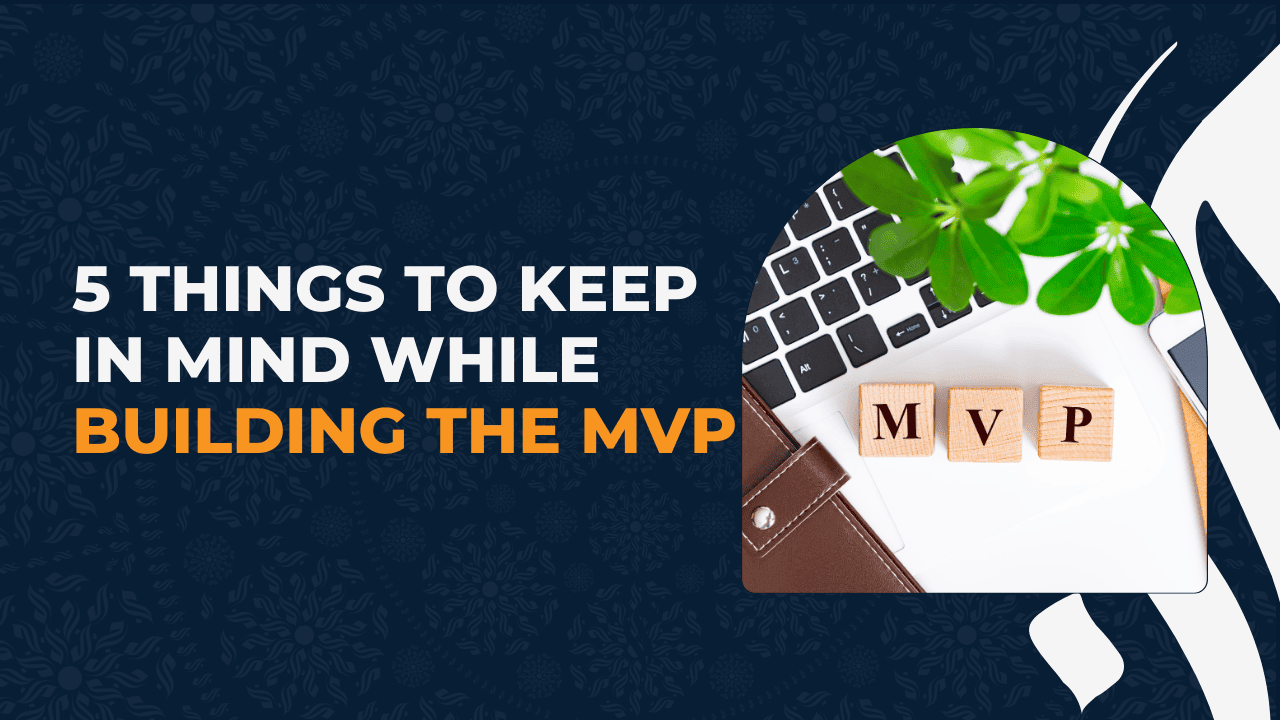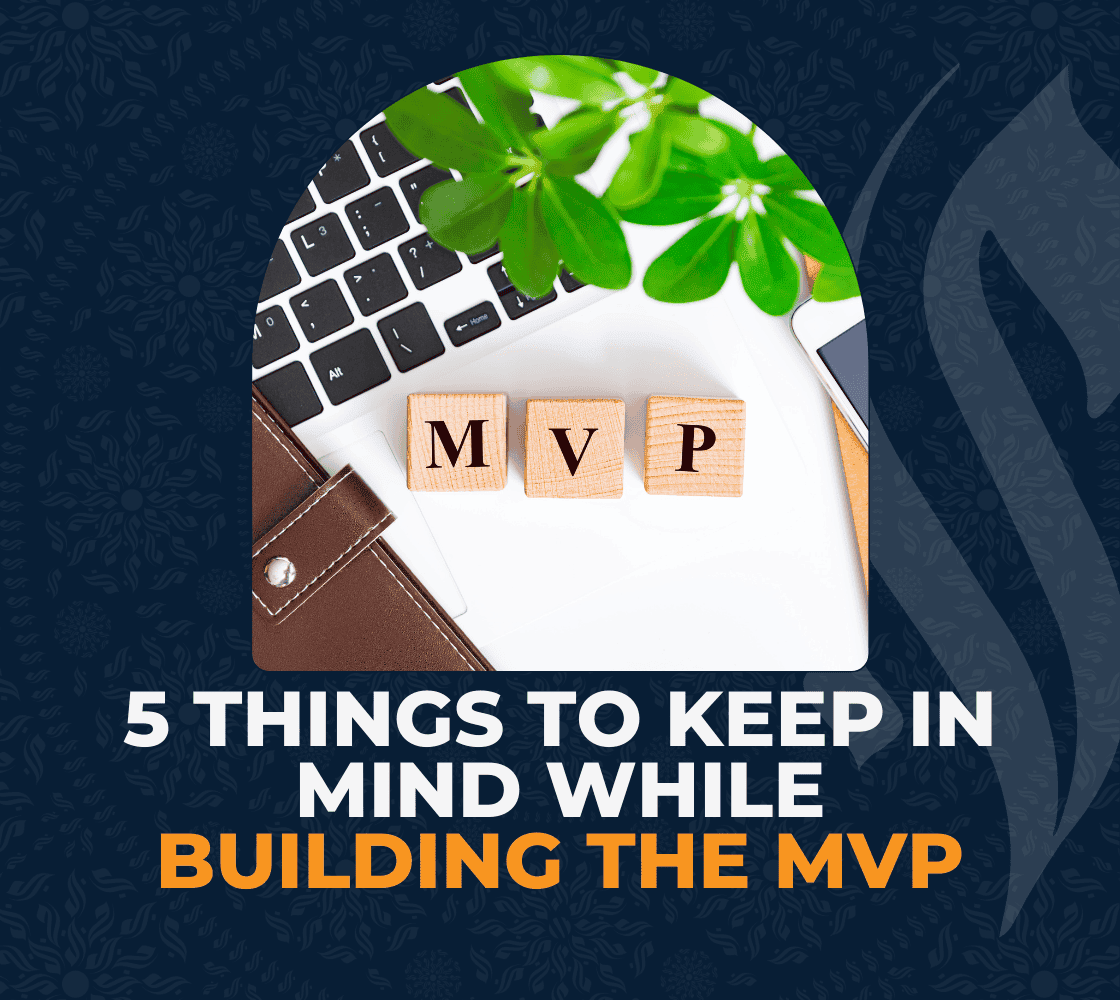

1. Solve One Core Problem
2. Know Your Target Audience
3. Keep It Simple and Fast
3. Keep It Simple and Fast
Subscribe to Muslim Founder's Newsletter
The only newsletter you need to start & grow your Muslim business, Insha'Allah.
100% Free. No Spam Guaranteed.
4. Validate With Real Users
- What problem were you trying to solve with this?
- What was easy? What was confusing?
- Would you use this again? Why or why not?
Subscribe to Muslim Founder's Newsletter
The only newsletter you need to start & grow your Muslim business, Insha'Allah.
100% Free. No Spam Guaranteed.


